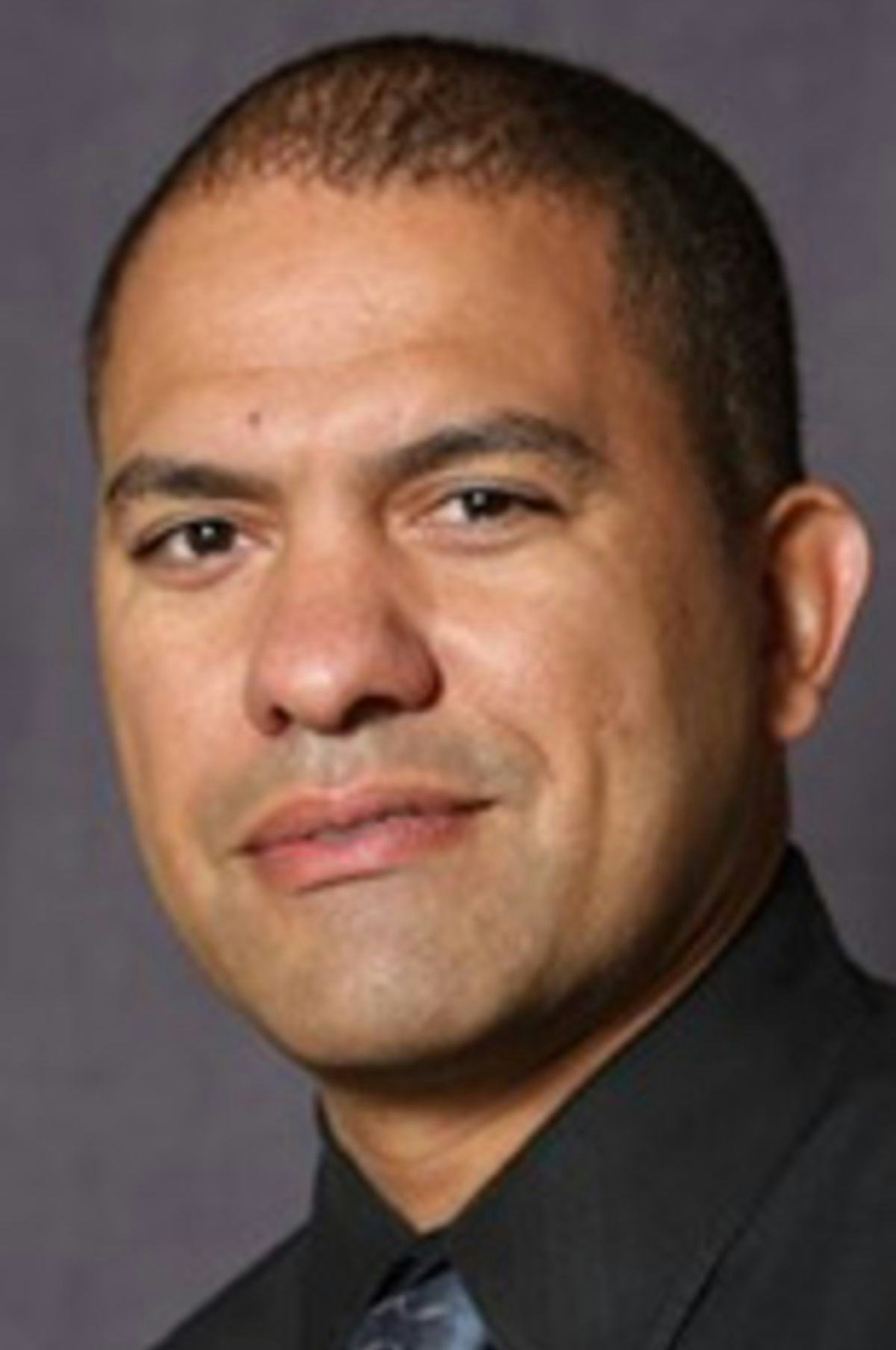In Pandemic, Companies Seeking Edge in Supply Chains Find an Expert at Stevens
Courses in Operations Management, Analytics Help Prepare a New Generation of Leaders in Supply Chains
If there’s been one consistent lesson for businesses during the pandemic, it’s the peril of taking your supply chains for granted.
In the earliest days of lockdown, consumer goods from surgical masks to toilet paper were suddenly in short supply. Pharmaceuticals companies have sweated how to effectively transport COVID-19 vaccines, which must be kept at subzero temperatures. Most recently, governments are facing a last-mile problem to get the vaccine to patients.
In many cases, these are challenges Dr. Alkis Vazacopoulos saw coming.
“There are so many vulnerabilities in supply chains, and so many potential problems to track,” said Dr. Vazacopoulos, a teaching associate professor at the School of Business at Stevens Institute of Technology. “Data and technology can certainly help, but it’s a constant and evolving challenge that demands attention from leaders.”
Prof. Vazacopoulos is an expert in business analytics and optimization. He consults with Fortune 500 companies in finance, marketing, technology and retail, helping them to better manage their operations so they aren’t caught off guard in a crisis. He also teaches courses in supply chain management that are highly sought at companies in the pharma, financial services and telecommunications industries.
Teaching professionals who are now grappling with these challenges has kept Prof. Vazacopoulos active in this space. During the pandemic, he has worked with several of his students to create forecasting tools and visualizations to predict the movement of the virus and the subsequent challenges on supply chains, while anticipating the challenges of rolling out a vaccine worldwide.
In every case, the data are there, “but companies are in different stages of sophistication about their data,” he said. “Even before COVID-19, I talked about vaccines in class because they’re a good example of how complex this challenge is. You have temperature constraints, shipping challenges, specialized equipment for storing vaccines and administering shots, and so on.”
A big data perspective in retail supply
Israel Pear Jr., an operations manager for Wakefern who oversees multiple grocery distribution centers in New Jersey, has used lessons from Prof. Vazacopoulos’ Supply Chain Management course to make the best possible decisions under unprecedented uncertainty during the pandemic.
“There’s a lot going on when it comes to the big data applications surrounding supply chains,” Pear said. “Stevens helped me update my skills and knowledge, learn more about big data and understand how to use it in making decisions.”
Pear took the course as part of the graduate certificate in Business Intelligence & Analytics, which he completed online in 2020. He enrolled in the program because, while he considered himself an expert in optimization — owing to 20 years’ experience in IT systems implantation and management — he wanted to learn more about predictive analytics, machine learning and blockchain as they relate to supply chains.
“But in reality, I learned a lot in forecasting, networking design and optimization, including new software tools,” he said. “I’ve been able to put some of those tools to work in the field, which has been a big value add of the Stevens program.”
Of course, a major goal for Pear is to be better positioned in the face of the next disaster. That’s where what he learned in predictive analytics is coming into play.
“We had to make decisions about demand, capacity, staffing and hiring — and it was all evolving so quickly,” he said. “The class taught me how to build in resilience and how to use predictive analytics to anticipate problems. The real value is when you create those predictive models and really get into the what-if scenarios, so you’re better prepared to make the right decisions.”
'Problems with the data'
In his courses on supply chains and operations, Dr. Vazacopoulos employs case studies, competitions and examples from his consulting experiences, challenging students to assess and apply data in developing solutions to problems.
“We look at data quality, data mapping, at how to make good visualizations,” he said. “One of the challenges early in the pandemic that we looked at was problems with the data, in terms of forecasting the spread of the virus. There was a lot of data, not all of it was reliable and I think you saw some of that showing up in some of the models.”
Both courses emphasizes a strategic, technology-focused approach to efficient supply-chain management, including the application of predictive, descriptive and prescriptive analytical tools to create solutions using real data. The Operations Management course prepares student to design, re-engineer and optimize operations by taking advantage of new and emerging technologies. Both are available to master's students in the Business Intelligence & Analytics and Analytics MBA programs, among others.
Even when the economy returns to some appearance of normalcy, Prof. Vazacopoulos expects operations will get greater attention from decision-makers.
“There are many sophisticated tools that can help you manage your supply chains, but the most important consideration is to not lose sight of potential problems,” he said.
Those pitfalls include lower-tier suppliers, which may be in far-flung countries; inventory management; transportation risk management; and the increasing use of sensors to manage sensitive goods, such as food or medicine.
Prof. Vazacopoulos’ professional network extends to operations management and supply-chain consulting experts at the world’s largest companies, giving him a steady stream of ideas for research, including a series of articles he’s shared on LinkedIn tracking the coronavirus, the vaccines and the economy.
And the pandemic has given him opportunities to look at supply chain challenges elsewhere. Dr. Vazacopoulos did consulting for grocery stores in years past, and using Instacart’s delivery service during lockdown reminded him of challenges he saw with how items were presented on shelves at supermarkets.
“They have all this data, but they’re not using it in ways that really help the customer experience,” he said. “The pandemic is giving me plenty of new ideas about analytics and supply chains.”
Start your application M.S. in Business Intelligence & Analytics School of Business



